Photography by David Needleman
Dustin Lance Black is giving a brief tour of his newly purchased 1920s Tudor-style house in Hollywood. A distinctive odor of potpourri and lavender sachets permeates the air.
"It's old-lady scent," Black admits, pointing out the smell and sickly yellow walls, both remnants of the previous tenant that will soon be gone. Family photos and two Writer's Guild awards decorate the living room, but his Best Original Screenplay Academy Award for Milk is noticeably absent.
"Oscar is with mom," Black, 37, explains. "It brings her a lot of joy. It felt right. I didn't want to see the Oscar and think OK, I've done that. I'm too young to feel like that, and I want to keep challenging myself and taking on risky projects."
Atop the kitchen table is a potted orchid and a sculpture of two bare-chested wrestlers -- one is holding the other aloft and upside down, about to slam him. It looks bronze, but is a painted Styrofoam reproduction souvenir from Black's next endeavor, J. Edgar, which opens in November. It's a replica of the sculpture displayed in his FBI office.
Black was looking for his next project during the period before Milk was released, and saw that Ron Howard and Brian Grazer's Imagine Entertainment was affiliated with something called "Hoover." "I immediately called to see if it was J. Edgar Hoover," Blacks says, "and not about the dam, president, or vacuum cleaner."
Black has had a longtime interest in the founder of the FBI. "To the conservative right," he says, "Hoover was a hero. Of course, in the gay community, you hear he was gay and a cross-dresser. I was curious where the truth lies. Here is a guy who was arguably the most powerful man in the United States in the 20th century. He held power for 48 years and, in his own way, controlled the presidents, from Coolidge to Nixon. I wanted to investigate the greatness of his youth and what he became, which was a heinous blackmailer."
Unfortunately, Black soon dispelled the cross-dressing myth. "It doesn't take much digging," he concedes, "to find out that it's one source. It was clear she had a bone to pick with the FBI. They intervened on her divorce and it didn't go well for her, and she admits that to the original interviewer. That is not mentioned in any of the documentaries. Anytime you investigated these rumors, none seemed true. They were all coming from the far right or the far left. The truth was often more heartbreaking, more horrible then what people think. But he was also more brilliant than people gave him credit for."
Clint Eastwood directed J. Edgar, and Leonardo DiCaprio plays the titular character. Black is quick to assert that it was purely a casting choice, as opposed to a marketing ploy. "Hoover was a pretty good-looking guy in 1919!" he maintains. "He was very fit -- they called him 'Speedy.' It's not a huge stretch!"
We move out to the patio, which has a view of his under-construction pool and hot tub. Earlier today, news broke of Indiana's antigay state representative, Phillip Hinkle, being busted for soliciting a male prostitute. No wonder the period pieces Black specializes in are resonant. "It has to end soon," he says. "Some of the most vehemently antigay people in D.C. have been outed, and the ones who are not, we're suspicious of. Most straight men don't really care that much about what gay guys are doing! The ones who do care are afraid of being exposed, or they understand the power they can wield by using it against closeted gay people. That is what [Joe McCarthy's right-hand man] Roy Cohn and J. Edgar Hoover did. It came from an incredibly lonely, dark, horrible place."
In his kitchen, Black has a color-coded calendar -- every month he tries to color half the boxes orange, which denotes activism. These days, he is mostly involved in marriage equality. His play 8, which he wrote about the battle against Proposition 8, was performed in September as a fundraiser for the American Foundation for Equal Rights, where Black also serves as a board member.
Black is a famously lapsed Mormon and another of his upcoming projects might get some of its practitioners' blessed underwear in a bunch. Black has signed on to work with Howard and Glazer's Imagine Entertainment again to adapt author Jon Krakauer's Under the Banner of Heaven, a riveting book that intertwines the history of Mormonism with the true crime story of a fundamentalist murderer. He is also working on a script about the Barefoot Bandit for Warner Brothers, and his directorial debut, What's Wrong With Virginia, starring Jennifer Connelly, will be released next year.
With his floppy blond hair, extreme earnestness, and frequent use of "gosh," Black projects wholesomeness. He is an unabashed family guy: He speaks often with his gay brother in Michigan, who is battling cancer, and is anticipating his straight brother in Texas to start churning out nieces and nephews at any moment. Black recently broke up with his boyfriend of 2 1/2 years, and the bachelor life doesn't appeal to him. "I'm best when I'm with somebody," he says. "I grow more. It's how I'm built." Being single isn't stopping his familial manifest destiny, though. "I want kids," he says. "I have a room upstairs that's getting twin beds put in. If you build it, they will come! It's not like I'm waiting to get pregnant." Won't this empty children's bedroom scare off potential suitors? Black laughs and responds, "Then they're not for me anyway."


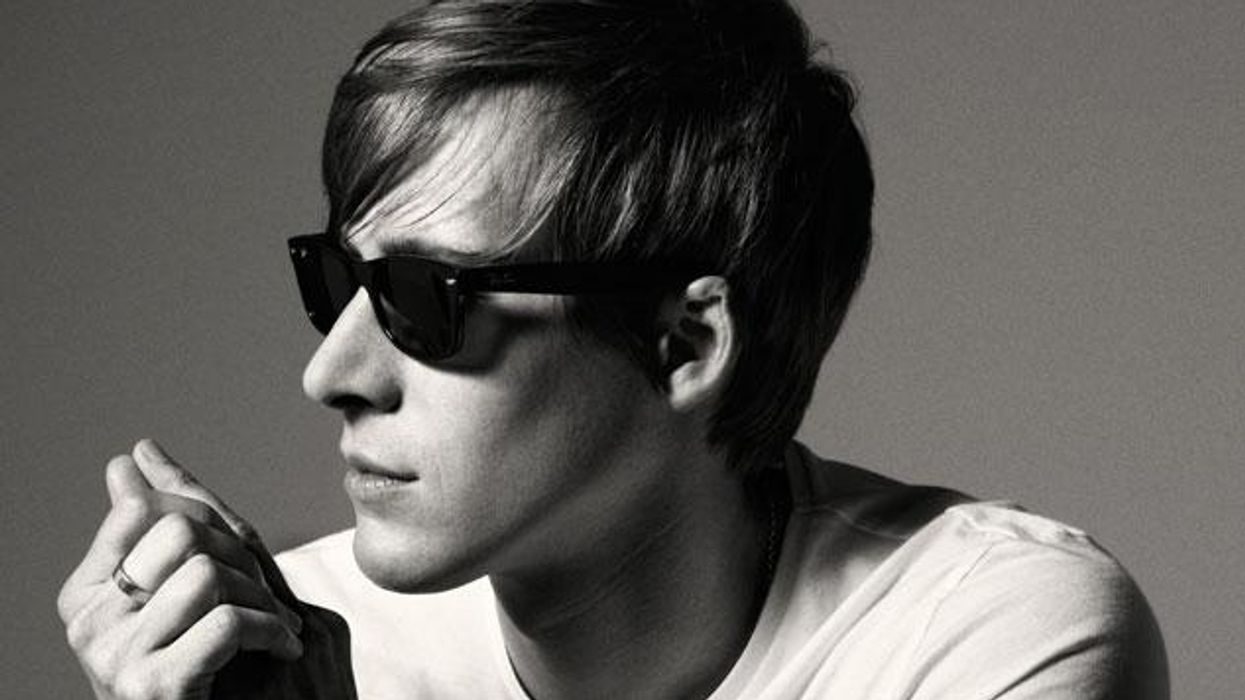
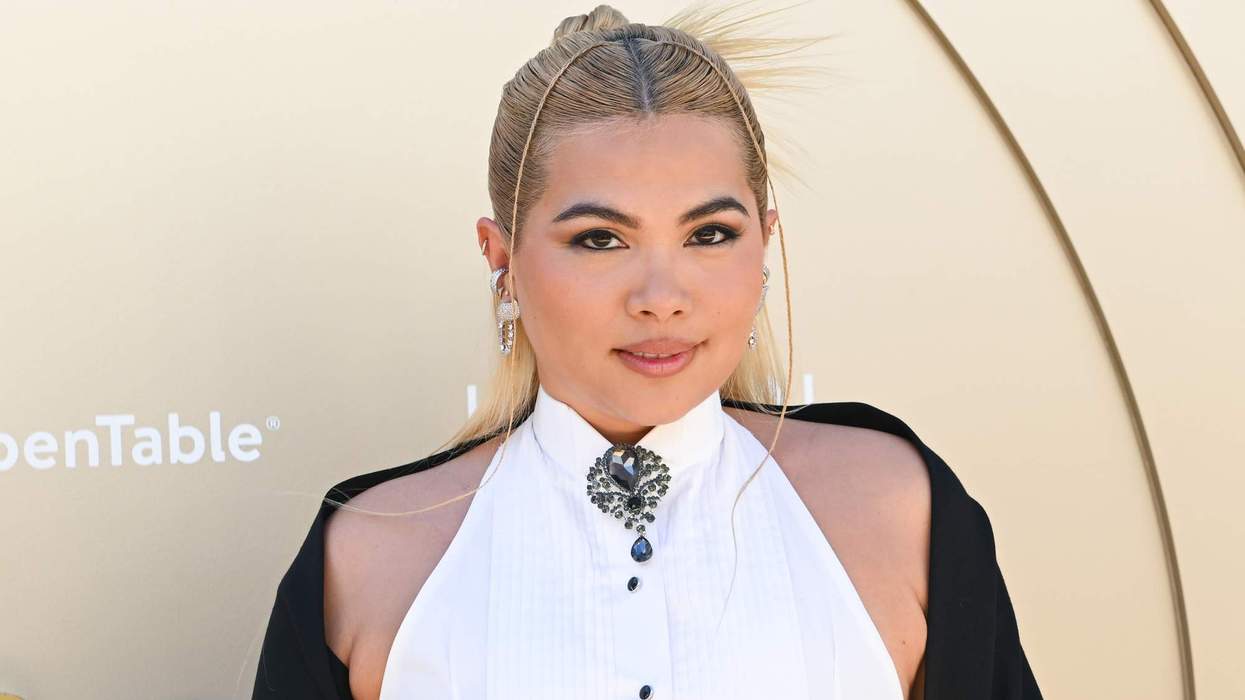

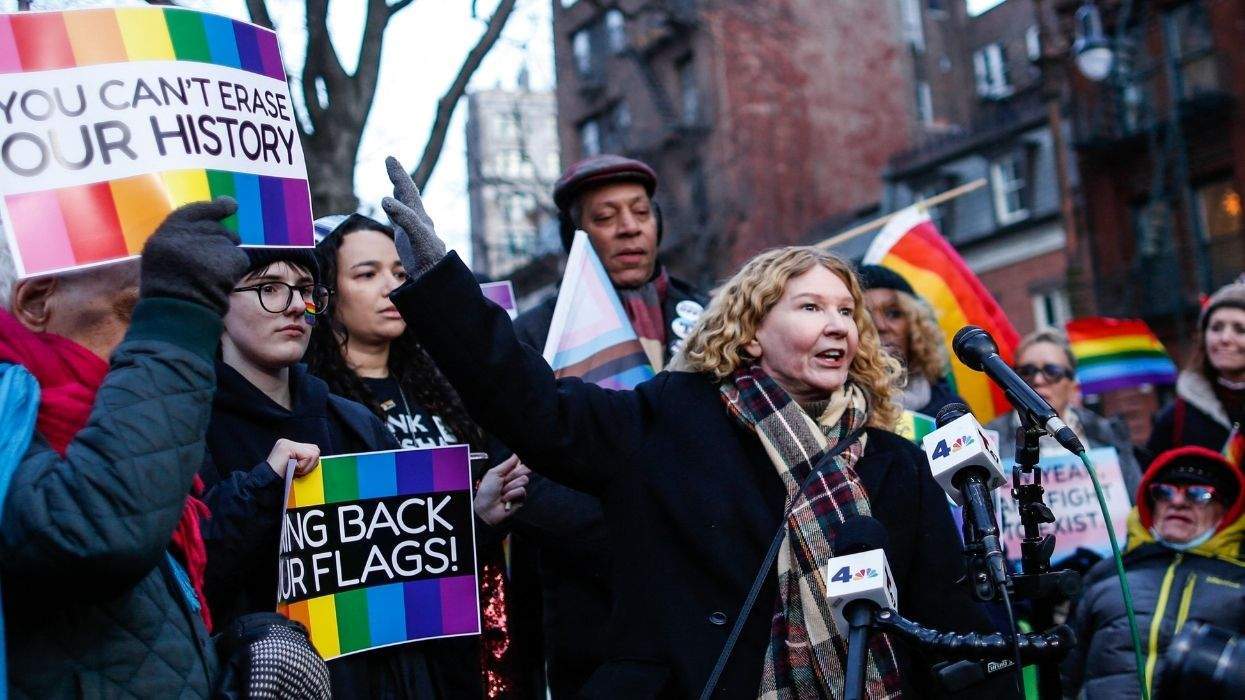

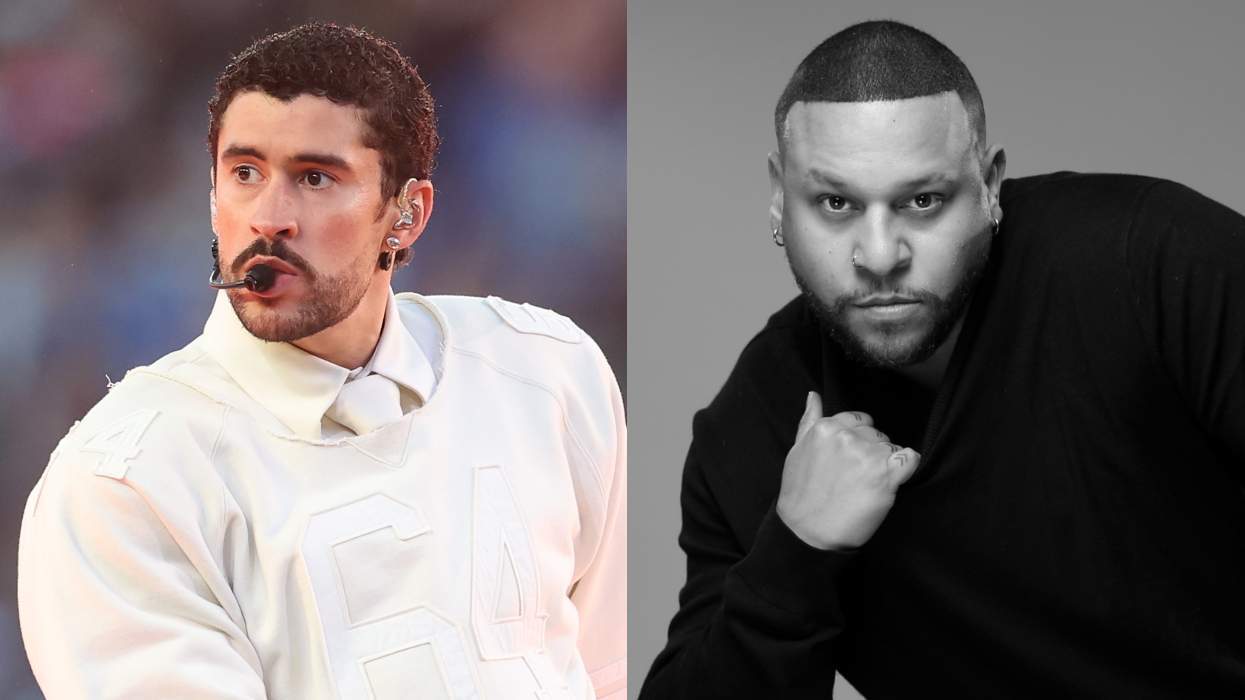
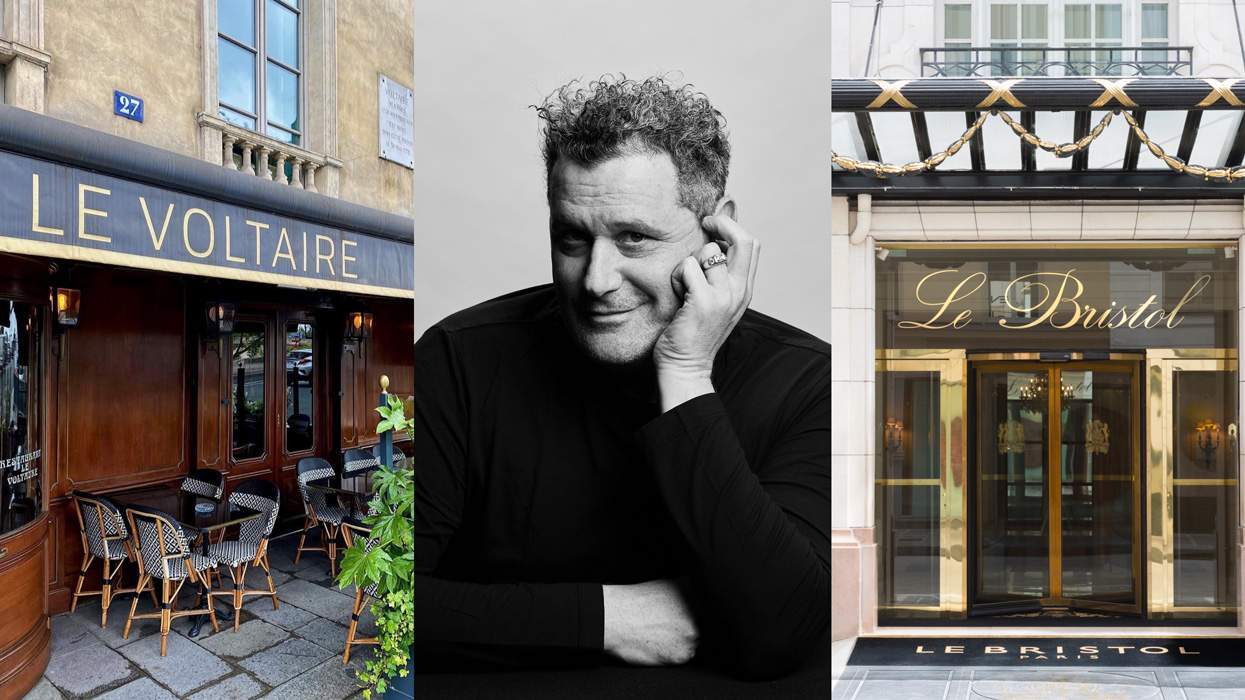

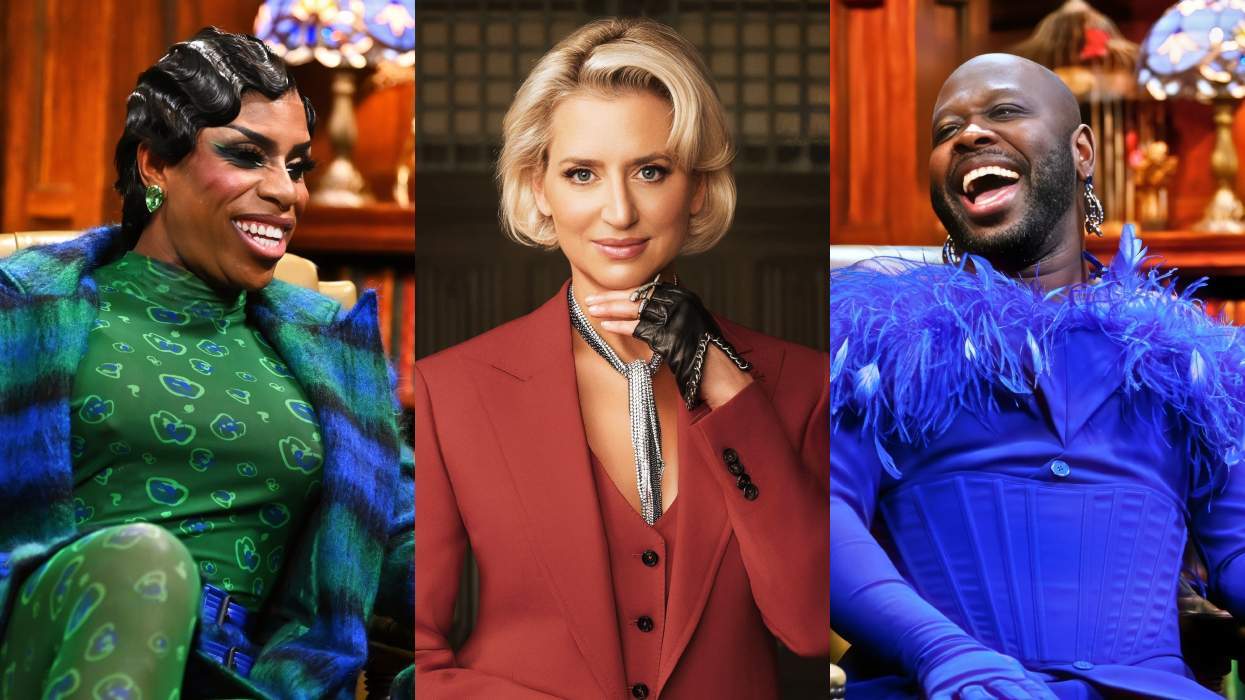

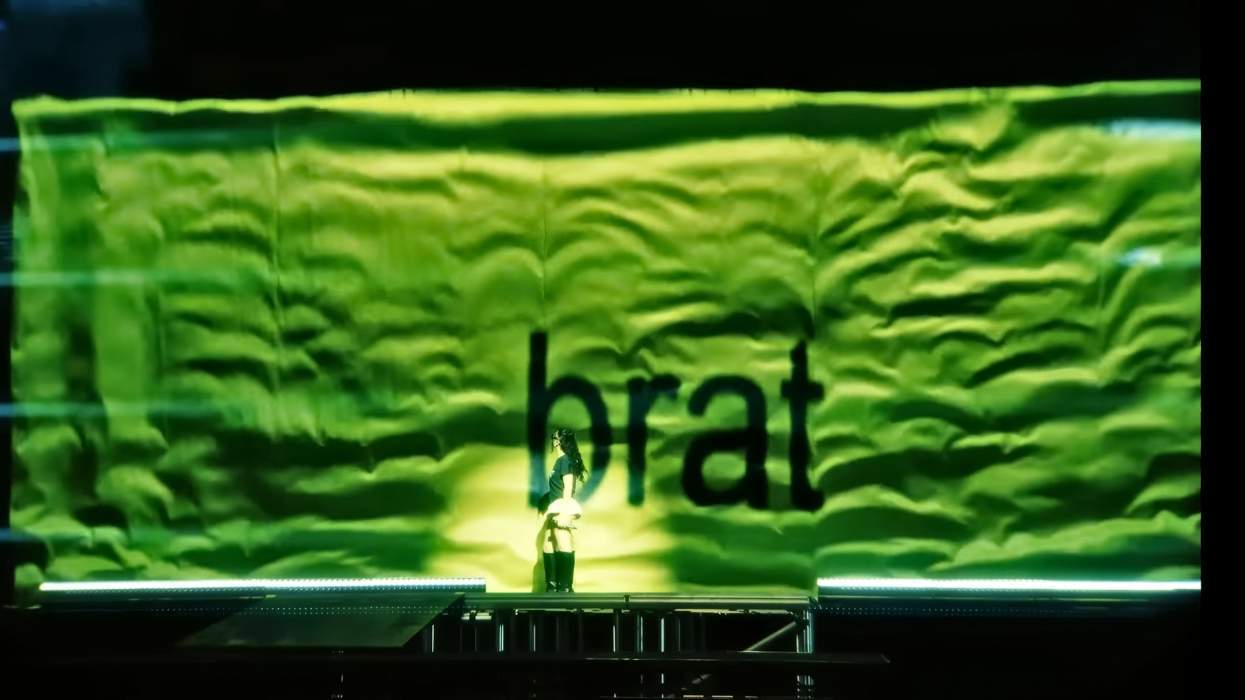






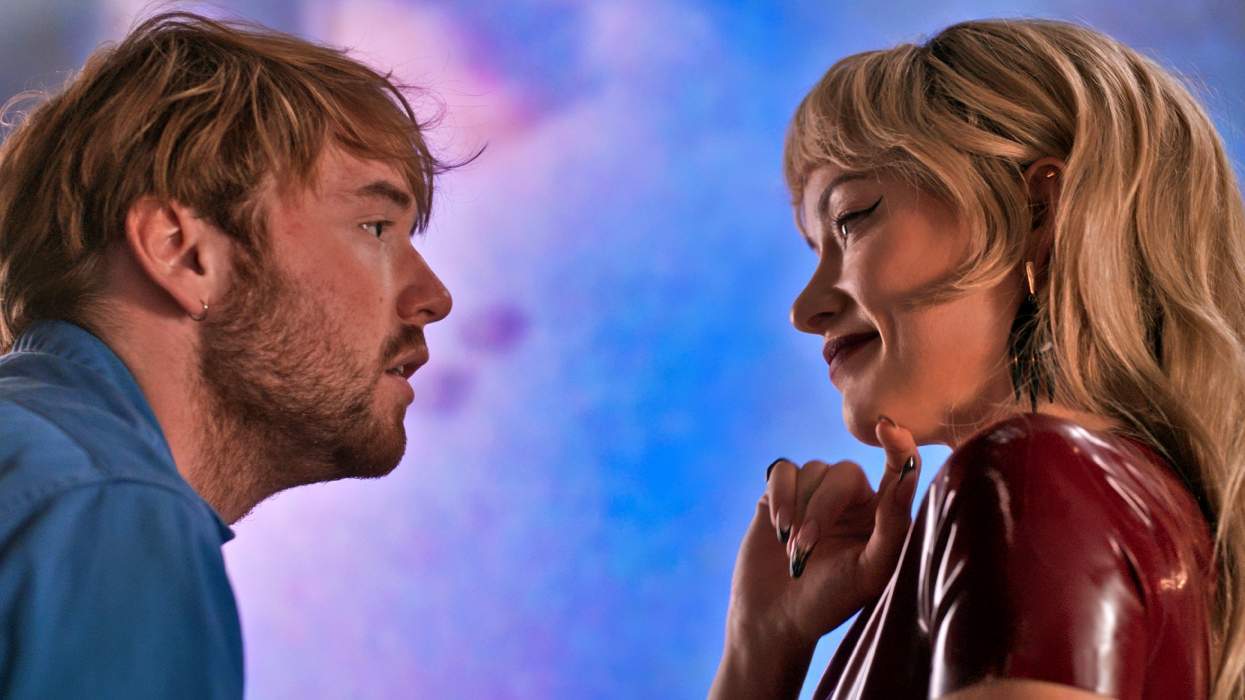
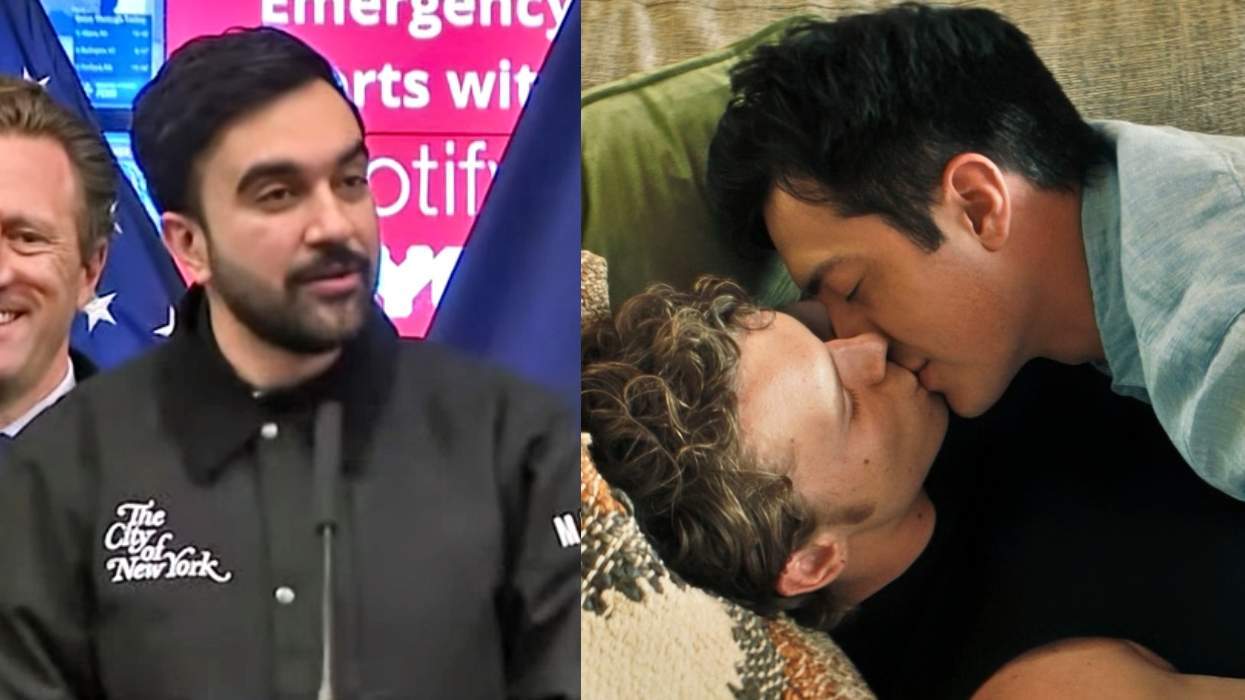
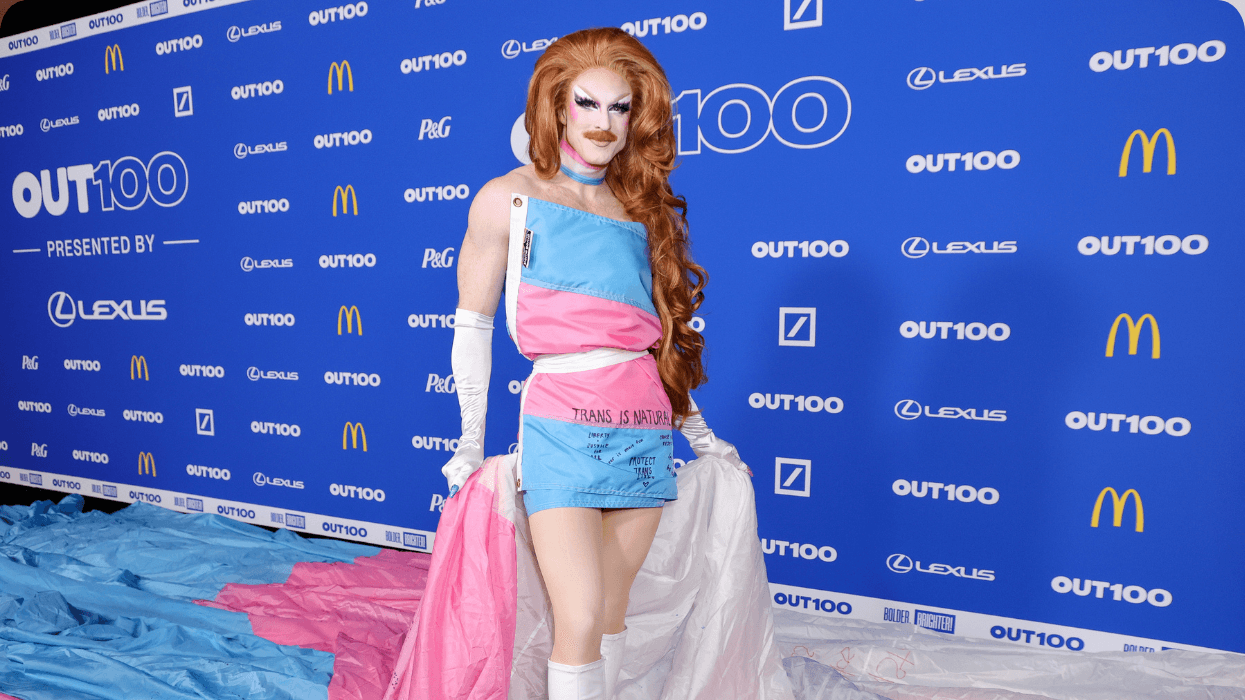
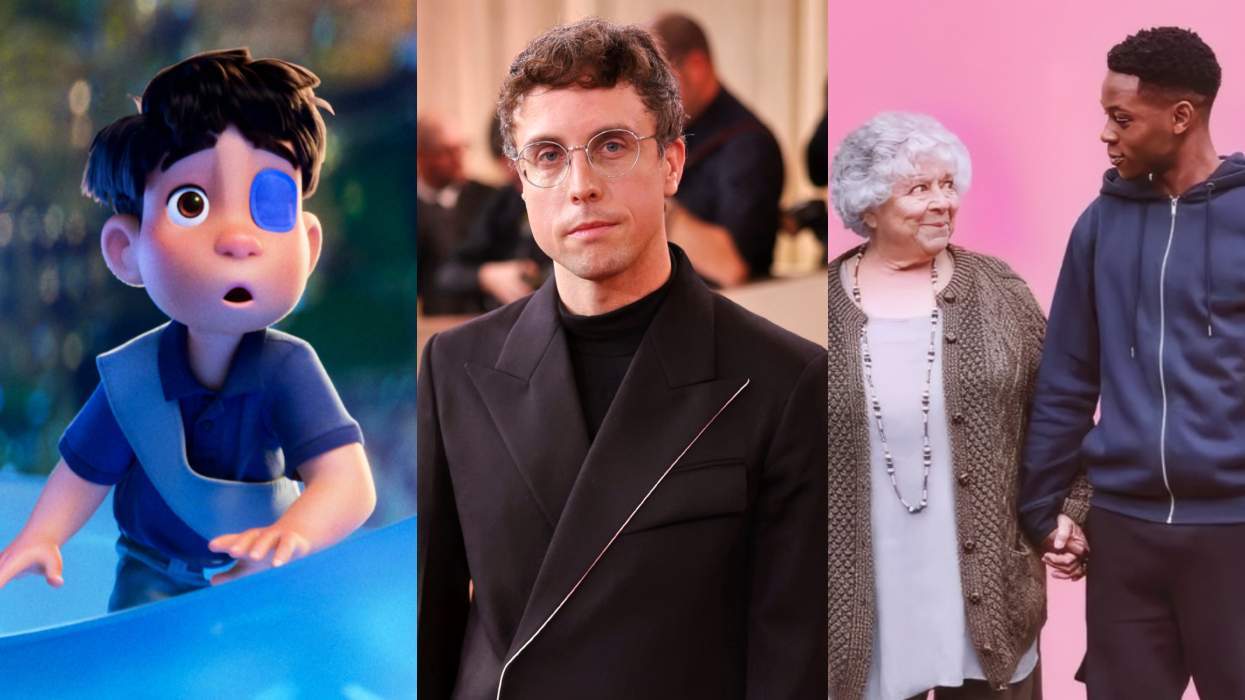
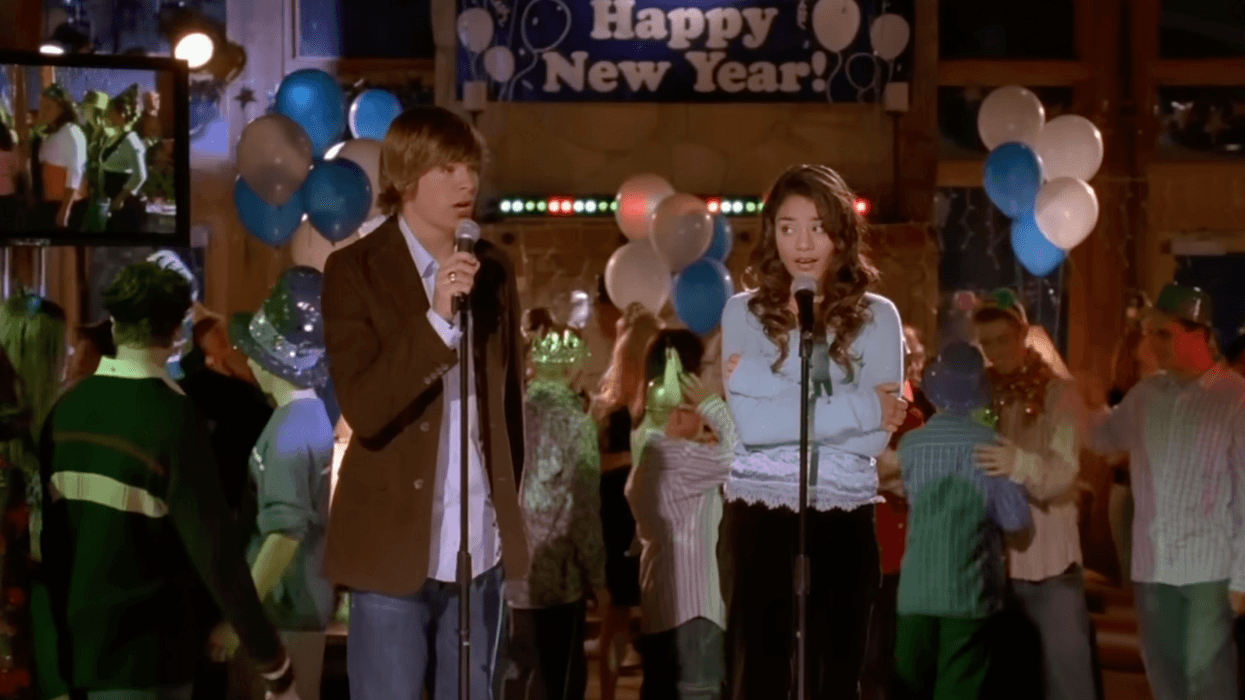
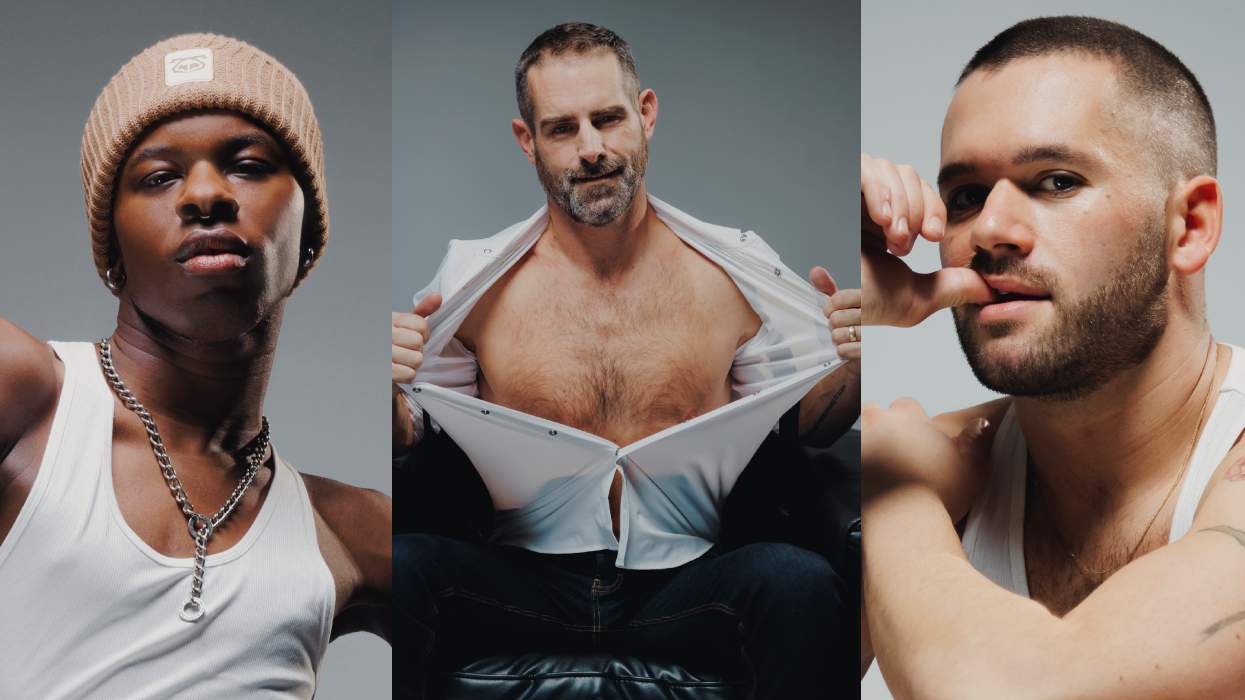
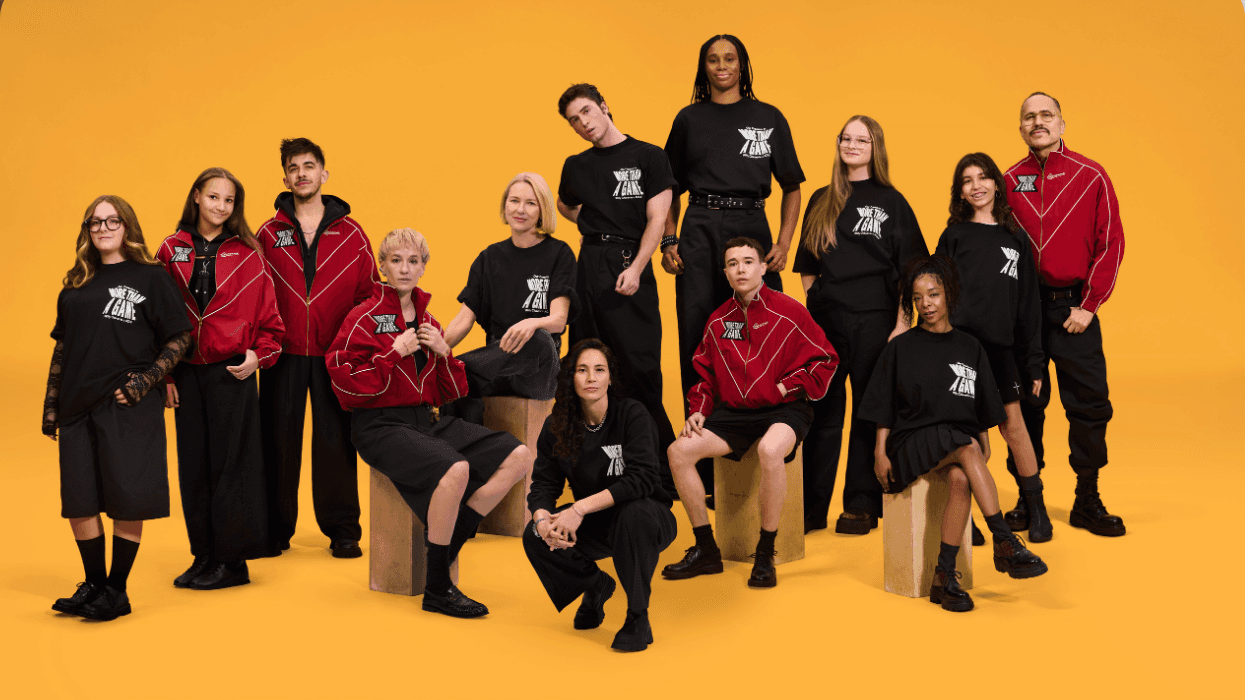
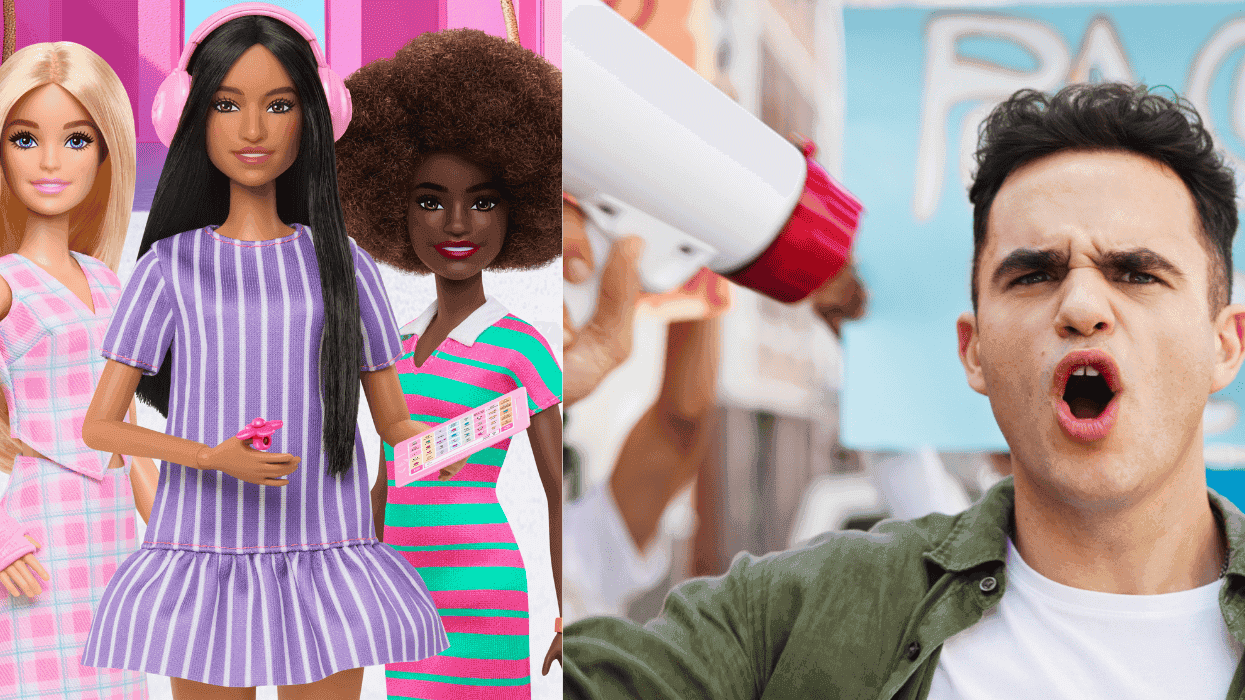
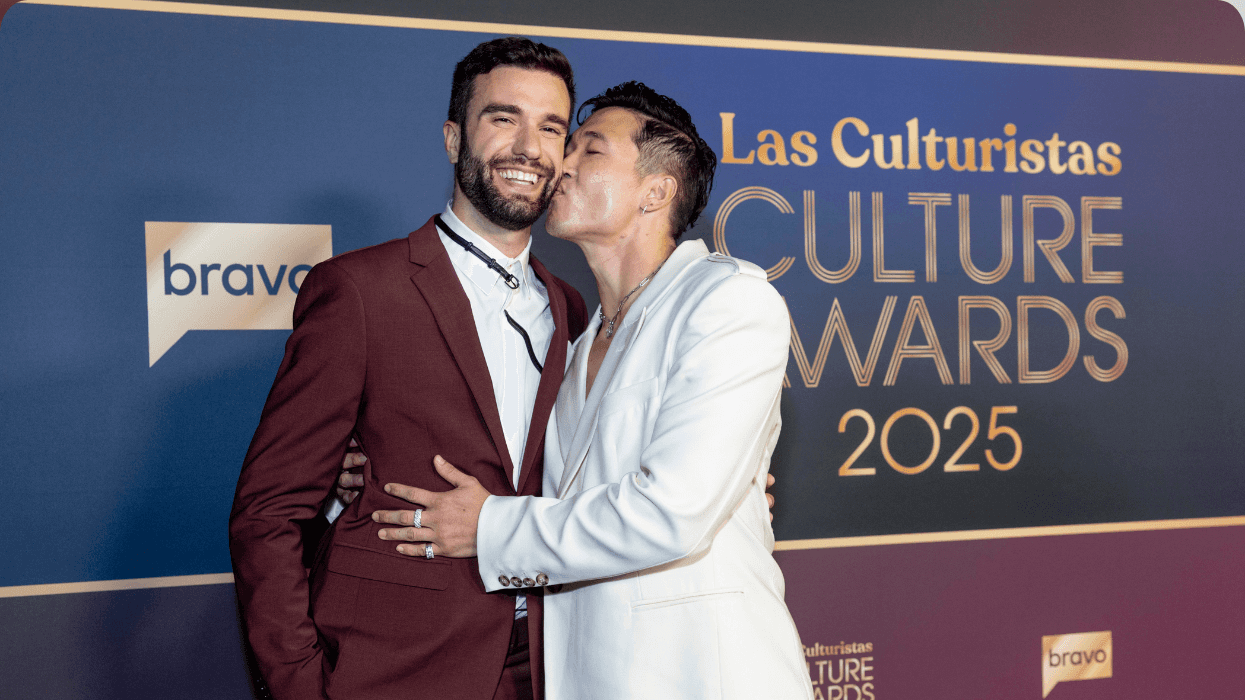
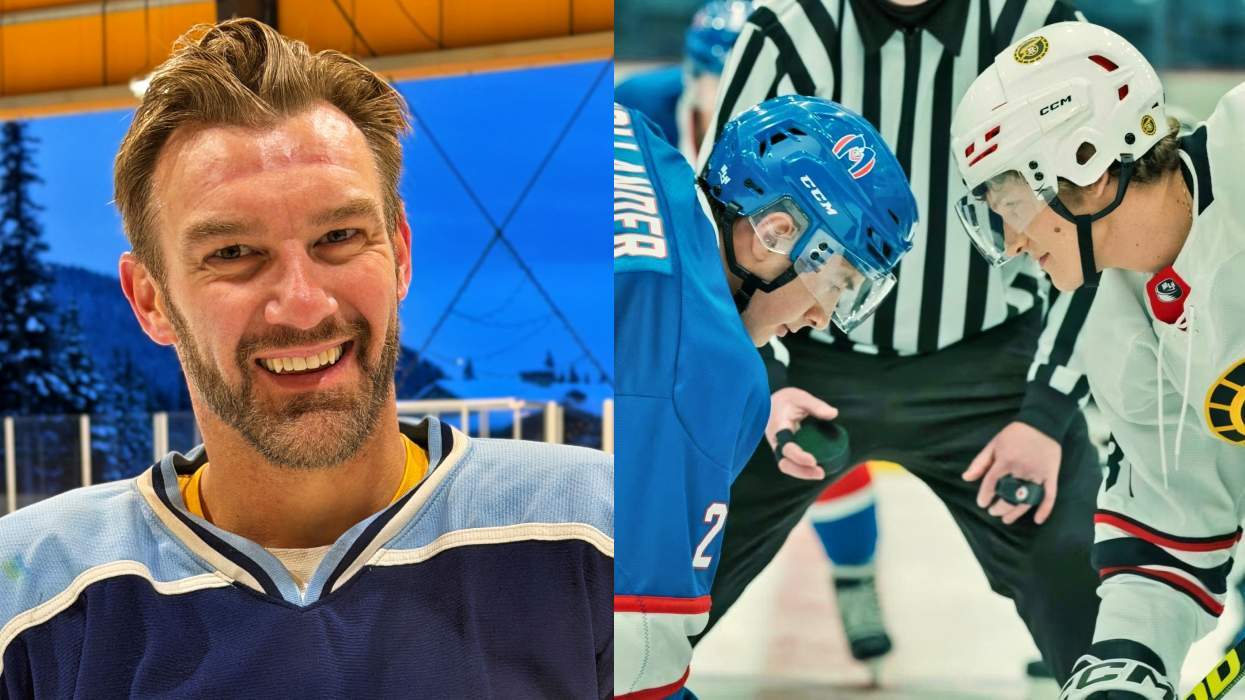
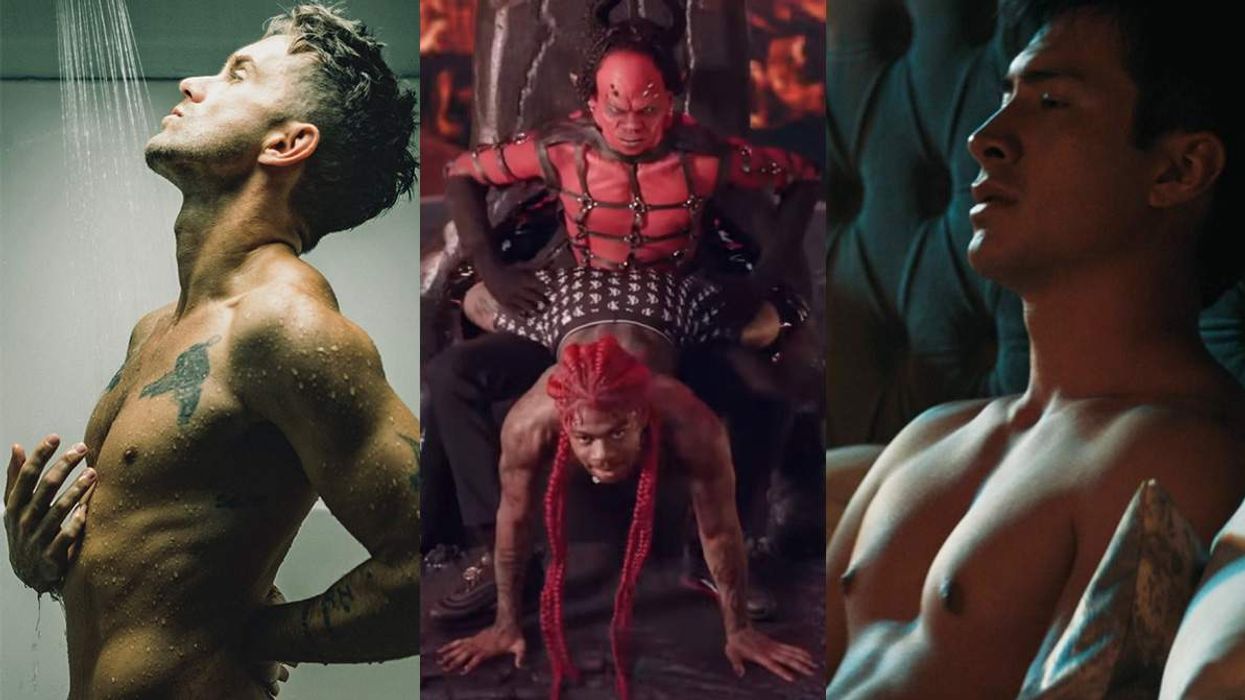
Jeffree Star slammed by Perez Hilton for ICE jokes
Jeffree Star at the 10 year anniversary celebration for Jeffree Star Cosmetics